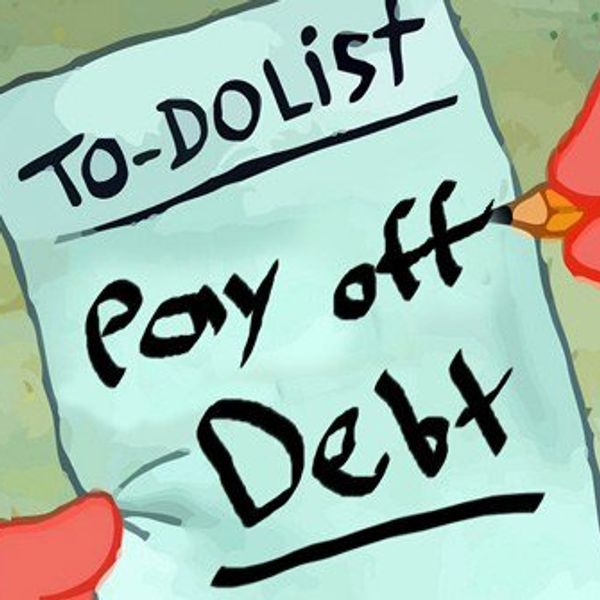As a college student entering senior year and considering grad school afterwards, I’ve thought a lot about the debate of free college education and I’m stuck in the middle. I can’t decide if I realistically like the idea or not. I mean sure, a free college education would be amazing and the idea of that is awesome but realistically, would it work well for our country?
First let’s recap some stats on student debt. According to debt.org, as of 2014, student loan debt in America totaled $1.2 trillion with 2.1 million people over the age of 60 paying off student loans. Five percent of those people over the age of 60 are having their student loan payments taken out of their social security checks. Students are expected on average to graduate $33,000 in debt or more.
While the thought of starting your adult life in this much debt is a daunting thought, we should think about how the expense of college tuition is getting paid for if the students no longer pay for it. The answer is taxes. Quite a large tax increase. The main argument is that “it works for Europe, why wouldn’t it work here” and originally that’s what I thought too, but what I didn’t think about looking into was how many students went to college in European countries.
According to Business Insider, the U.S. has one of the largest percentages of graduates that go to college. Finland has the same percentage of students but most other European countries that offer free tuition like Germany have 60%-80% of high school graduates that go to college while in the U.S., about 94% of high school graduates attend college. That’s a huge difference in the amount of students’ tuition that needs to be covered by tax dollars. Whether the tax increase comes through to labor or property taxes or both, that’s a lot of tax increases. I’m not sure if I’m totally committed to that. If we’re not paying tuition, we’re paying the taxes and we’ll pay much higher taxes for the rest of our lives.
There’s also the argument being made that “college is a privilege” and not everyone should go to college. College is not for everyone and for the people that don’t go to college because they don’t want to go, probably still wouldn’t go if it were free. Money shouldn’t be the reason people with a passion for something don’t go to college. I think that, whatever the new plan is, college should still be selective in choosing students for acceptance but money shouldn’t be an obstacle in getting a degree.
I’m definitely not a fan of leaving things the way they are and having students learn to expect more and more student loan debt when they graduate. I’m also not sure what the best solution is for the problem. Maybe meeting the idea halfway and considerably increasing financial aid but not making it completely free? I’m not sure. Something has to change, but we should keep in mind that, either way, college isn’t really free no matter what; someone still has to cover the expense, whether it’s everyone through taxes or college students paying their own tuition.





















